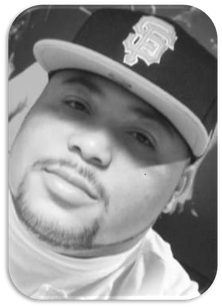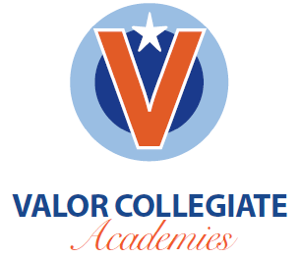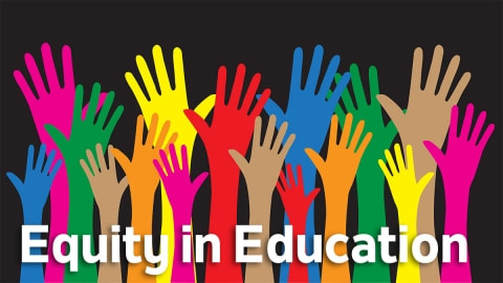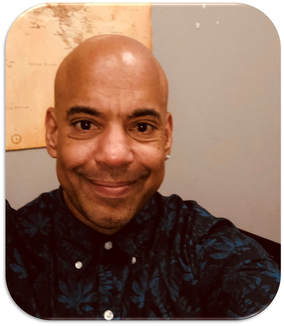
Position: Student Support Assistant

Fun Fact/Quote? This is my first job outside of the automotive field.
What does your average day look like? My day starts with me getting my daughter and myself ready for school and work. I arrive onsite and greet the children as they head to their respective classes. I join the class that my client is in and check in with him. I participate in their morning activities when able. I assist the client and class in any way possible before switching to my other client in a different class. I check in with him and the instructor on how the morning is going and typically take him on a earned break. I then switch back to the first client to support him in the classroom. I then switch to the other client for monitoring during his lunch time. Afterwards I take time to get on the computer, then take lunch. I then join my second client for the rest of the school day.
Why do you do this work? I do this work because a lot of the children we serve are misunderstood by the community and not advocated for. I also grew up in the community that I serve so I understand how hard it is to make it with in the community.
What hope do you have for the future of All-In? I hope they can continue to grow in all directions.









 RSS Feed
RSS Feed